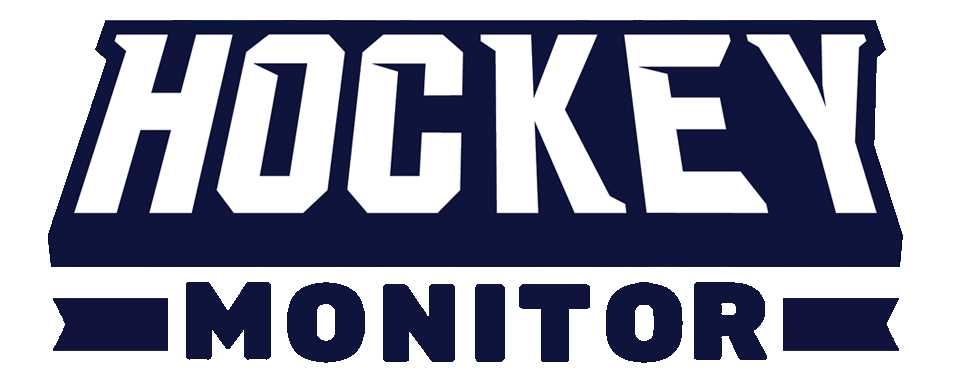
A class-action lawsuit filed in Manhattan federal court by the World Association of Icehockey Players Union (WAIPU) alleges that the NHL and CHL violate antitrust law by exploiting young players through involuntary drafting, poor compensation, and strict control, without a collective bargaining agreement, drawing parallels to recent movements in minor league baseball and NCAA athletics for better support and compensation.
In a bold move, a class-action lawsuit was filed in a federal court in Manhattan, New York. It accuses the NHL and CHL of violating antitrust laws. The lawsuit, initiated by the North American Division of the World Association of Ice Hockey Players Union (WAIPU), paints a grim picture. It claims teenagers are “involuntarily drafted, poorly compensated, and completely controlled” by CHL teams. The exclusivity agreements between the OHL, WHL, and QMJHL, along with the demanding schedules, are highlighted as exploitation tactics.
Moreover, the NHL’s role isn’t overlooked. Its annual financial support to the leagues and specific clauses in the NHL-CHL Transfer Agreement are under scrutiny. The CHL’s response was swift, yet reserved. “We have just been made aware of the complaint,” they told the Associated Press. The organization admitted it needs time to review the claims, given that WAIPU isn’t recognized as a representative for CHL players.
So far, the NHL has kept quiet, offering no comments. Unlike the NHL, AHL, and ECHL, the CHL lacks a collective bargaining agreement with its players. This lawsuit draws parallels to recent efforts by minor league baseball players and NCAA athletes, who’ve fought for better support and compensation. Interestingly, the NHL and CHL were caught off guard, receiving no prior notice before the lawsuit was filed on Wednesday morning.
Michael LeRoy, a labor law professor at the University of Illinois, weighed in on the international implications of the lawsuit. He pointed out that it targets junior teams in both Canada and the U.S. “They’re doing business in the United States,” LeRoy observed. He believes the ultimate goal is to benefit NHL players in both countries, suggesting the lawsuit’s international scope shouldn’t pose an issue.
